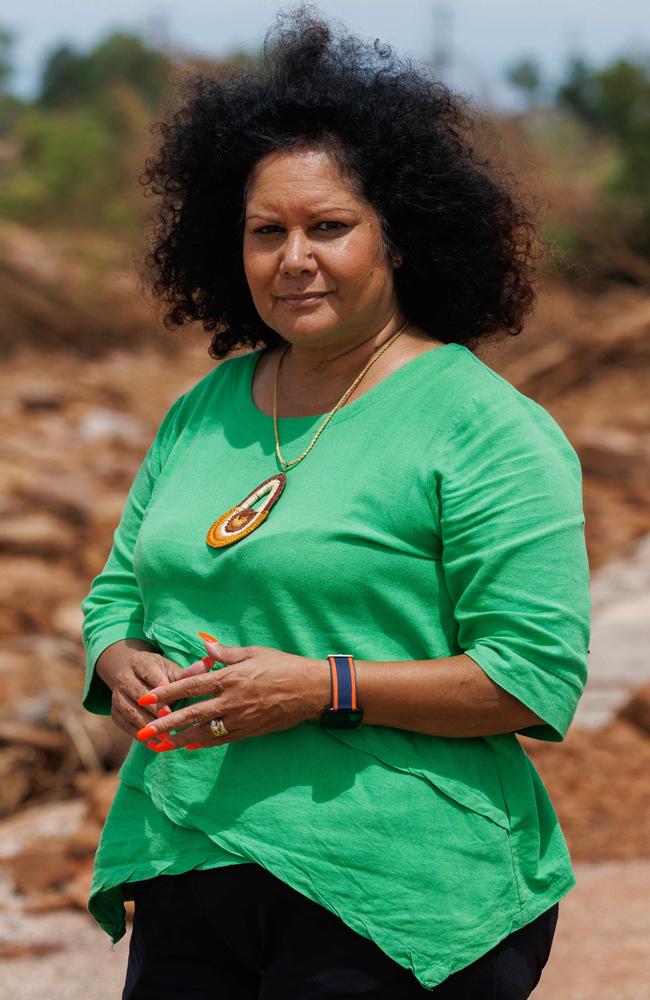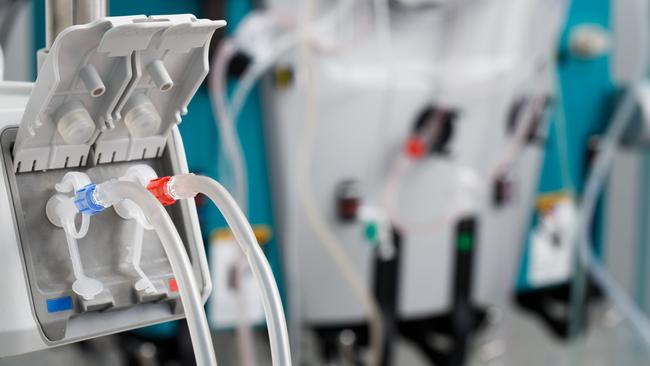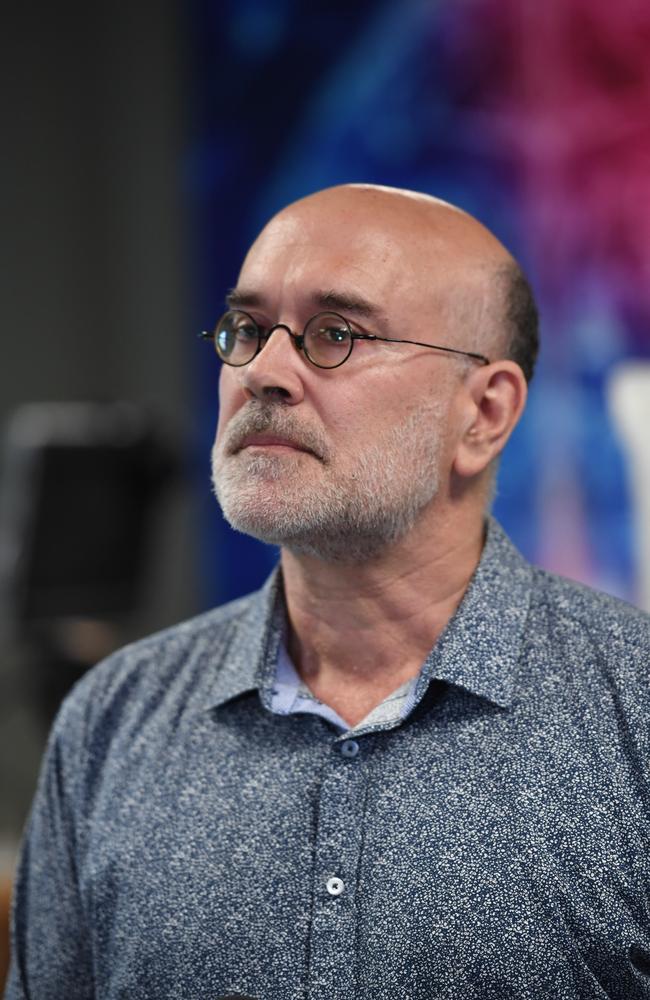Federal government allocates $28.2m to address kidney disease in remote NT
New dialysis units are coming to the NT, with hopes to meet the Territory’s growing demand for lifesaving services. Find out where they’re going.
News
Don't miss out on the headlines from News. Followed categories will be added to My News.
Three NT clinics are set to receive new dialysis units to address end-stage kidney disease among First Nations people in remote communities.
Ti Tree, Harts Range and Borroloola are among the regions announced for the 30 four-chair dialysis units delivered with support from the federal government’s latest budget.
NT Senator Malarndirri McCarthy said she was “incredibly proud” of the federal budget in the context of health outcomes for Aboriginal and Torres Strait Islander Australians.

“We’ve invested $28.2m to support the delivery of 30 dialysis units for First Nations peoples in regional and remote Australia with end-stage kidney disease,” she said.
“Dialysis saves lives and it is so important remote Territorians can access this essential treatment close to home.
“When kidney disease progresses to end stage, dialysis is essential – but it comes with a huge mental, economic and emotional toll when patients have to leave their community and travel hundreds of kilometres to get treatment in major centres like Darwin.”

Menzies School of Health Research director and kidney specialist Professor Alan Cass AO said First Nations Territorians experience severe kidney disease more than nine times the national average of Australia.
Professor Cass said about 1000 people in the NT require dialysis or a transplant, with the vast majority being First Nations patients.
“Relocating away from community and Country for dialysis can be traumatic for patients.
“This trauma can be reduced by delivering renal units to bush communities where there are significant numbers of people with severe kidney disease and the infrastructure for dialysis can be supported.”
Professor Cass said the chronic nature of severe kidney disease meant ongoing support would be necessary for patients, with some still needing to spend time in Darwin or Alice Springs for certain aspects of highly specialised care.

Professor Cass said previous initiatives to support kidney health in remote Australia included a new Medicare Benefits Schedule item for dialysis supervision in very remote areas.
Introduced in late 2018, the benefit has been used more than 32,000 times in the NT.
Professor Cass said the new four-chair units in remote communities would be sufficient – providing care for up to 16 patients – but said the “workforce crisis” in remote communities still needed to be addressed.
“In some communities in Australia, staff turnover is more than 150 per cent per year,” he said.
“We need to implement evidence-based strategies to attract, retain and support health workers in remote communities.”
Professor Cass suggested kidney disease patients in remote communities get involved in advocating for healthy lifestyles, so other community members need not go on dialysis.
An NT Health spokeswoman said the need for renal services in the NT was growing rapidly and thanked the federal government’s support for dialysis in remote communities.
“Almost half of the NT Aboriginal population aged over 50 years have chronic kidney disease (CKD) or clinical biomarkers of CKD,” she said.
“Through this funding, Purple House will deliver new renal sites across the Territory, providing renal dialysis in remote First Nations communities.”
The spokeswoman said NT Health was working to develop stronger health literacy and workforce support models in Aboriginal communities.




